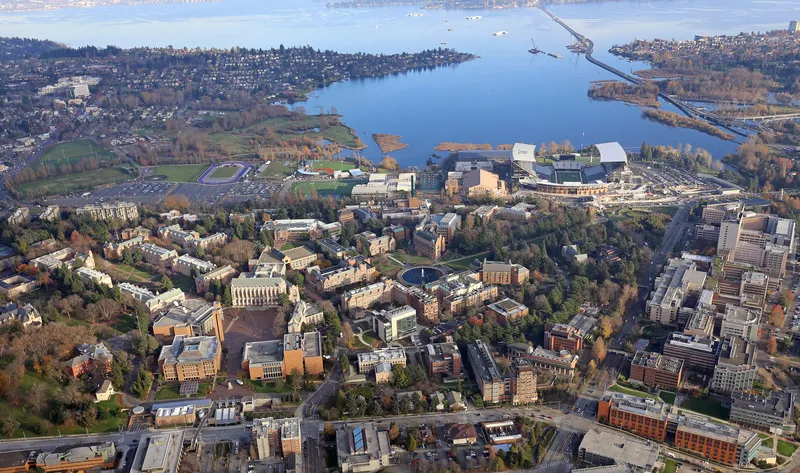
Flow Labs, a transportation software technology leader specialising in artificial intelligence, will deploy the company’s Traffic Signal Management platform across Seattle’s University District.
Flow Labs will analyse key corridors in the district to generate detailed information concerning traffic patterns, congestion points and other factors affecting traffic flow. This will enable Seattle’s Department of Transportation to understand the effectiveness of signal timings and overall traffic network performance.
Flow Labs’ Integrated Connected Vehicle Data Platform will integrate the city’s roadway infrastructure data, capturing high resolution data from traffic signals, detection systems and connected vehicles. It provides Seattle with a comprehensive real-time view of roadway conditions at every level.
“The Seattle Department of Transportation is a very progressive agency that understands the importance of analytics in delivering the safest, most efficient conditions for drivers, pedestrians and cyclists,” said Jatish Patel, Flow Labs’ chief executive and founder.
“By leveraging the data that’s already flowing from our roadways and road users, Seattle DoT will have complete visibility into roadway conditions and the ability to adjust traffic patterns as often as needed to ensure streets work better for everyone.”
Seattle’s University District is an urban residential and business community. It is home to the University of Washington’s main campus, including the more than 70,000-seat Husky Stadium, which dramatically impacts the area’s traffic volumes on football game days. The Flow Labs platform enables Seattle DoT to proactively manage traffic signals taking into account pedestrian, bicycle and vehicle safety while balancing efficiency goals during large scale events.
Flow Labs uses AI to clean and analyse data from multiple sources, including connected vehicles and detection devices, to provide previously unachievable traffic volume accuracy and the clearest picture of intersection efficiency available - all with no hardware required.
“Performance measurement has always been difficult, particularly getting clear metrics on overall mobility, efficiency and sustainability. The necessity of expensive hardware and manual fieldwork has always been a barrier to improving traffic conditions,” said Patel.
“The Flow Labs platform taps into the power of integrated transportation data and AI so agencies can orchestrate the entire transportation ecosystem for improved safety, accessibility and quality of life in cities for all road users."









